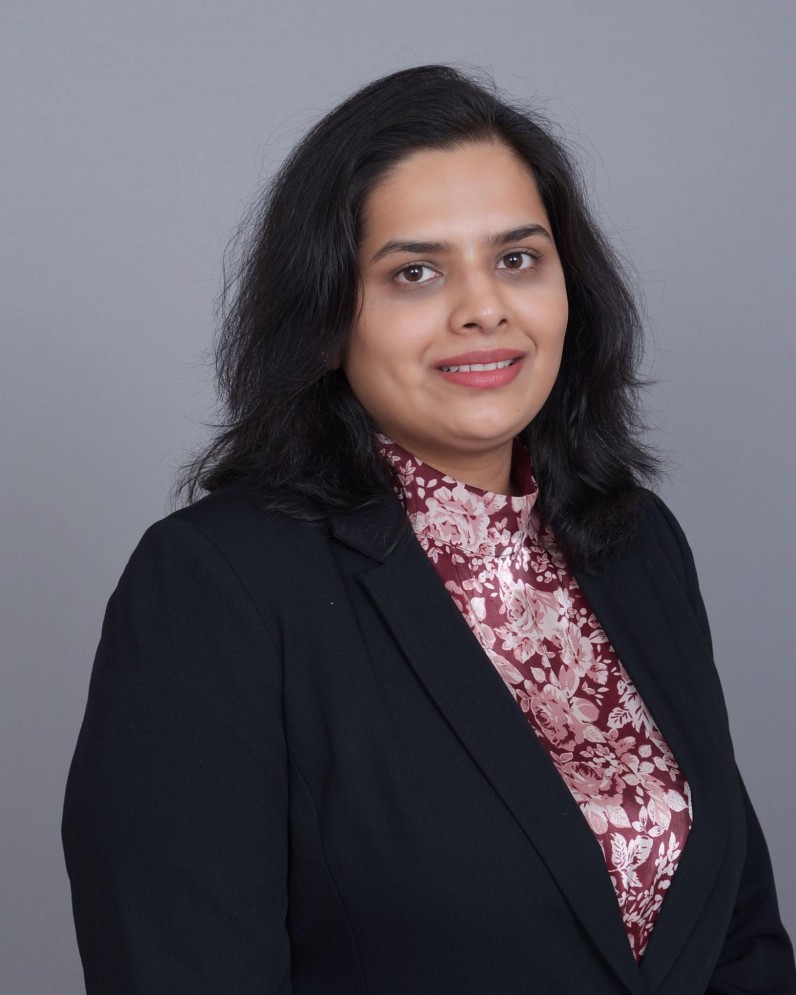
As data-driven decisions become more and more common, healthcare technology continues to lag behind. While information flows smoothly across many industries, healthcare still has fragmented, inefficient data systems. When healthcare systems can process and share data efficiently, it positively affects everything from treatment outcomes to cost management.
Alekhya Gandra, a leader in healthcare analytics and business intelligence, uses her skills to improve how data is managed.
Gandra's story begins far from the offices of American corporate giants. Born in a small town in India, she grew up fueled by a curiosity about the world and a drive to understand complex systems. This passion led her to engineering, a path that brought her to the U.S. and healthcare analytics.
Today, she is a recognized leader in her field, utilizing AI, machine learning, and cloud technology to solve the healthcare industry's most stubborn data problems.
Project Spotlight — BI Application for a Fortune 500 Company
Her most ambitious project to date was leading the development of a comprehensive Business Intelligence (BI) solution for a healthcare company that serves millions of Americans. For Gandra, this project was a mission to untangle a vast web of healthcare data and make it work for the people it is supposed to serve.
Data complexity in the healthcare sector impacts patient care, operational efficiency, and financial stability. Healthcare organizations collect massive amounts of data across employer groups, insurance providers, and clinical entities, but this data is rarely unified, and piecing it together is a huge challenge.
For the Fortune 500 company of Gandra's project, the data spanned over 100,000 employer groups and 30 million individuals. Making sense of such vast and fragmented information required an effective solution.
"Throughout my career, I have always believed that when data is integrated and transformed into actionable insights, it empowers organizations to make informed decisions, driving efficiency and better outcomes across the board," Gandra explains.
Alekhya's Leadership
With this vision, Gandra accepted the challenge, understanding that a one-size-fits-all solution would never be sufficient. She needed to design a BI system capable of processing vast amounts of data in real time and organizing it into actionable insights for the company's clients.
Gandra's solution was to build a business intelligence application from the ground up and optimize the data. Working alongside a cross-functional team, she led the development of a data mart with specific facts and dimensions, breaking down the data into manageable, usable formats. Her approach allowed for faster, more accurate reporting and gave clients the insights they needed to make timely, informed decisions.
This wasn't a simple task. Gandra's team was spread across multiple countries, time zones, and cultures. Coordinating these diverse perspectives added an extra layer of complexity to the project, but Gandra saw it as a strength rather than a weakness. She established clear communication channels, nurtured a culture of collaboration, and emphasized inclusivity, ensuring every team member felt integral to the project's success regardless of location. Her hands-on leadership style and technical expertise created a team dynamic that enabled innovation and efficiency.
The result? A BI application that boosted the company's data analysis capabilities and improved operational efficiency by 40%. More importantly, it empowered clients to make decisions leading to better healthcare outcomes.
Gandra's journey to BI applications wasn't without its obstacles. The first challenge was the sheer scale of the data. Maintaining accuracy and relevance was a constant struggle as so much information came in from various sources. To address this, Gandra leaned on her healthcare analytics background, utilizing advanced AI and machine learning techniques to streamline data ingestion and reduce redundancies.
Performance optimization was another hurdle. Processing data on such a large scale can lead to bottlenecks and slowdowns, negating the entire purpose of the BI application. Gandra tackled this problem by implementing a strategic architecture prioritizing speed and efficiency so the system could handle high volumes of data without lag.
Perhaps the greatest challenge was leading a team spread across continents. Each member brought a unique set of skills and perspectives, which required technical and cultural sensitivity. Gandra made mentorship central to her leadership style, guiding her team members through data integration and problem-solving complexities.
One of her colleagues describes Gandra's leadership as "a blend of empathy and precision." These qualities enable her to mentor effectively, empower her team, and build a collaborative environment that overcomes cultural barriers. It is a rare quality in a field often criticized for its lack of inclusivity. This characteristic has undoubtedly contributed to her success as a leader in a male-dominated industry.
A Commitment to Data-Driven Insights
Gandra's contributions go beyond this single project. She is a senior member of the Institute of Electrical and Electronics Engineers (IEEE) and a member of the Institute of Engineering and Technology (IET) and the Association of Computer Machinery (ACM). She is also a reviewer for IEEE's EPICS (Engineering Projects in Community Service), which is an initiative that empowers students to use engineering skills to address real-world problems in underserved communities. This role and her position as a panel judge for the Claro Awards highlight her commitment to nurturing the next generation of tech professionals.
Gandra is also a thought leader who has published papers on fraud detection in health insurance using machine learning and graph analytics. She has spoken at many conferences, inspiring others to tackle complex challenges with creativity and tenacity.
In 2024, Gandra received the Global Recognition Award for influencing healthcare technology. Her journey from a small town in India to the pinnacle of tech leadership in the U.S. serves as an inspiration to young professionals everywhere, especially women aiming to break into tech.
Gandra believes in creating systems that can translate complex data into insights that improve lives. While impressive milestones have marked the journey, she sees herself as just getting started.
For those entering the field, Alekhya Gandra's story offers a powerful lesson: innovation is about empathizing with real-world problems, leading with integrity, and empowering others to reach their full potential.







Join the Conversation